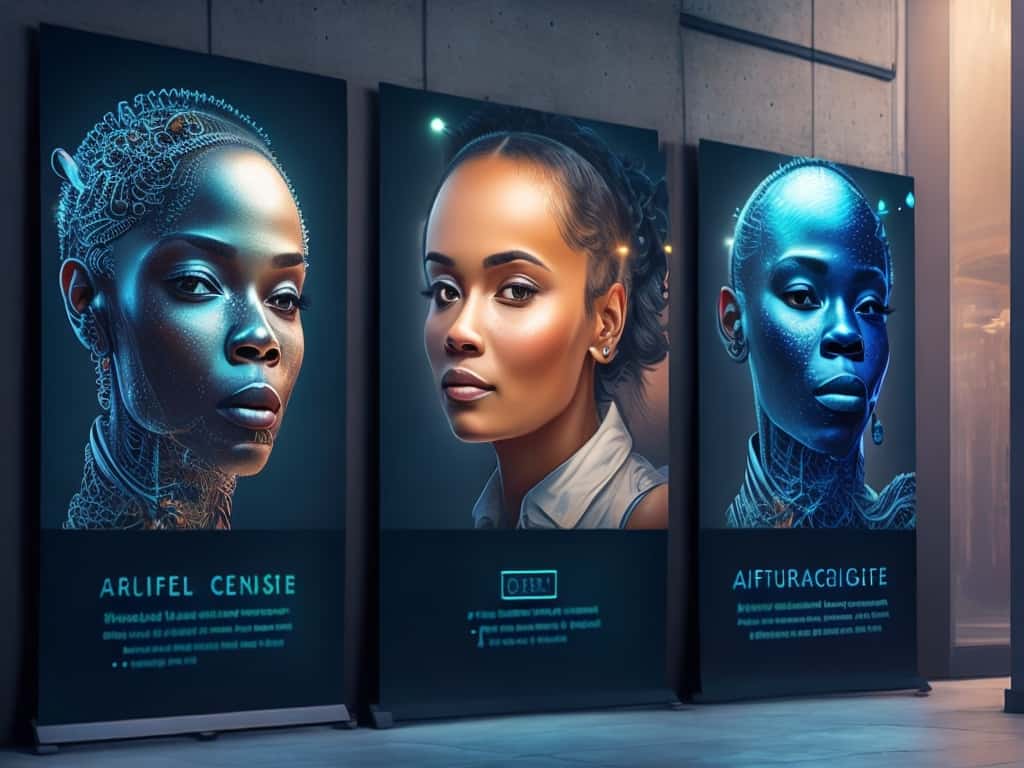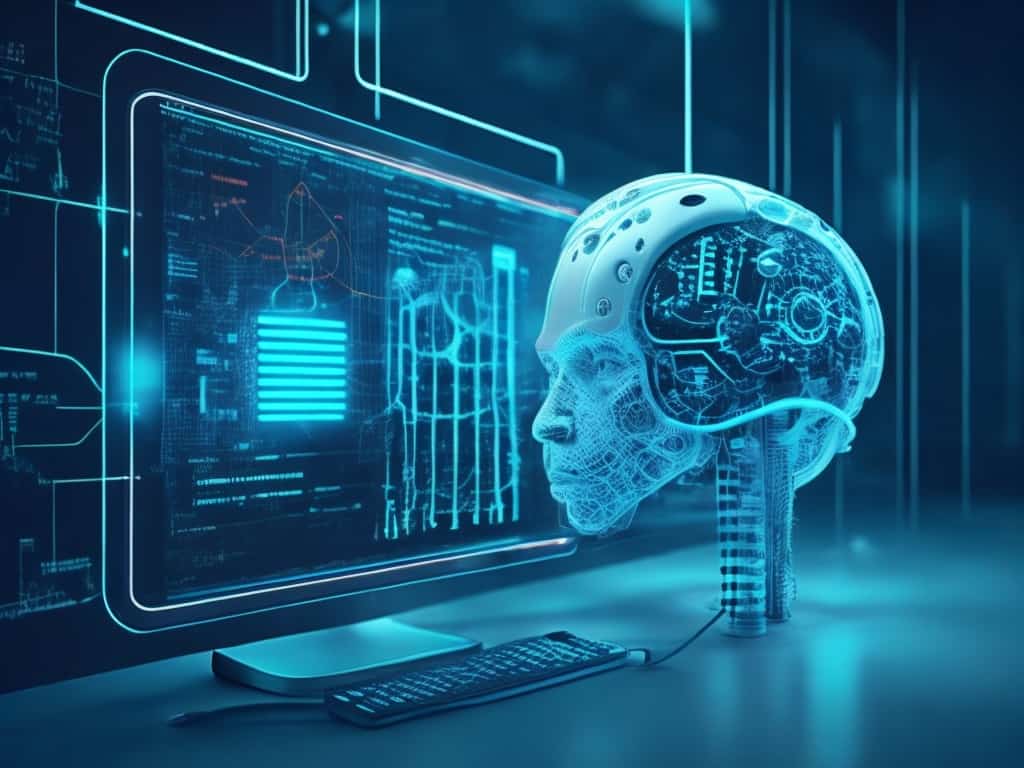In today’s fast-paced and interconnected world, the rapid advancements in technology continue to reshape industries and transform the way we live, work, and interact. Among the most groundbreaking and promising technologies of our time, artificial intelligence (AI) stands out as the next frontier in technology and innovation. With its ability to mimic human intelligence and perform complex tasks, AI is revolutionizing various sectors, unleashing a wave of unprecedented opportunities and possibilities. In this article, we delve into the realm of artificial intelligence, exploring its current state, potential applications, and the transformative impact it holds for our future.
Understanding Artificial Intelligence:
Artificial intelligence refers to the development of computer systems capable of performing tasks that typically require human intelligence, such as visual perception, speech recognition, decision-making, and problem-solving. AI systems are designed to analyze vast amounts of data, learn from patterns, and make predictions or recommendations based on the insights gained. Machine learning and deep learning techniques play a crucial role in the development and training of AI models, enabling them to continuously improve and adapt to changing circumstances.
AI’s Transformative Applications:
AI is making significant inroads across various industries, unlocking new possibilities and efficiencies. In healthcare, AI is being employed for diagnosing diseases, analyzing medical images, and personalized medicine. According to a report by Grand View Research, the global AI in healthcare market is projected to reach $31.3 billion by 2028, growing at a CAGR of 41.5% from 2021 to 2028.
In finance, AI-powered algorithms are revolutionizing fraud detection, risk assessment, and trading strategies. The World Economic Forum highlights that AI has the potential to generate over $100 trillion in additional value across the global economy by 2025.
AI is already being used in a variety of ways, and its applications are only going to grow in the years to come. Some of the most promising areas for AI include:
- Healthcare: AI can be used to diagnose diseases, develop new treatments, and personalize care for patients. For example, AI-powered systems are being used to analyze medical images, such as X-rays and MRI scans, to detect cancer and other diseases at an earlier stage.
- Finance: AI can be used to track financial markets, detect fraud, and manage risk. For example, AI-powered systems are being used to predict stock market movements and identify fraudulent transactions.
- Transportation: AI can be used to develop autonomous vehicles, optimize traffic flow, and improve safety. For example, AI-powered systems are being used to develop self-driving cars and trucks, which have the potential to revolutionize transportation and make our roads safer.
- Manufacturing: AI can be used to automate tasks, improve quality control, and reduce costs. For example, AI-powered systems are being used to control robots in factories, which can help to improve productivity and reduce errors.
- Customer service: AI can be used to provide personalized support, answer questions, and resolve issues. For example, AI-powered chatbots are being used by businesses to provide customer service 24/7.
The Rise of AI-Assisted Automation:
One of the most significant impacts of AI is the automation of tasks and processes that were once the domain of humans. AI-powered automation is streamlining operations, increasing productivity, and reducing costs across industries. According to a report by McKinsey Global Institute, up to 45% of current workplace activities can be automated using existing technologies, including AI.

Ethical Considerations and Responsible AI:
As AI becomes increasingly integrated into our lives, ethical considerations and responsible AI practices are of paramount importance. Issues such as bias in AI algorithms, data privacy, and the impact of AI on social dynamics require careful attention. Transparency, accountability, and robust ethical frameworks are crucial to ensure that AI technologies are developed and deployed in a manner that respects individual rights, societal values, and promotes fairness and inclusivity.
Collaborative Opportunities and Future Prospects:
The future of AI holds immense potential for collaboration between humans and machines. Rather than AI replacing human intelligence, the focus is on augmenting human capabilities through AI assistance. The combination of human ingenuity and AI’s analytical power can lead to breakthrough innovations, enhanced problem-solving, and the discovery of new frontiers.
Conclusion:
Artificial intelligence represents a paradigm shift in technology and innovation, promising to reshape industries, revolutionize processes, and empower human potential. As AI continues to advance, it is essential to foster responsible development and deployment, addressing ethical concerns and ensuring equitable access and benefits. According to a report by Research and Markets, the global AI market is projected to reach $309.6 billion by 2026, with a CAGR of 39.7% during the forecast period.
By embracing the potential of AI and addressing its challenges, we can unlock a future of unprecedented possibilities, where humans and intelligent machines collaborate to create a better world.
References:
- Grand View Research: “AI in Healthcare Market Size, Share & Trends Analysis Report By Component, By Application, By Region.
- World Economic Forum: “The Future of Jobs Report 2020”
- McKinsey Global Institute: “A Future that Works: Automation, Employment, and Productivity”
- Research and Markets: “Global Artificial Intelligence Market Size, Share & Trends Analysis Report By Component, By Application, By Region, and Segment Forecasts, 2021–2028”

